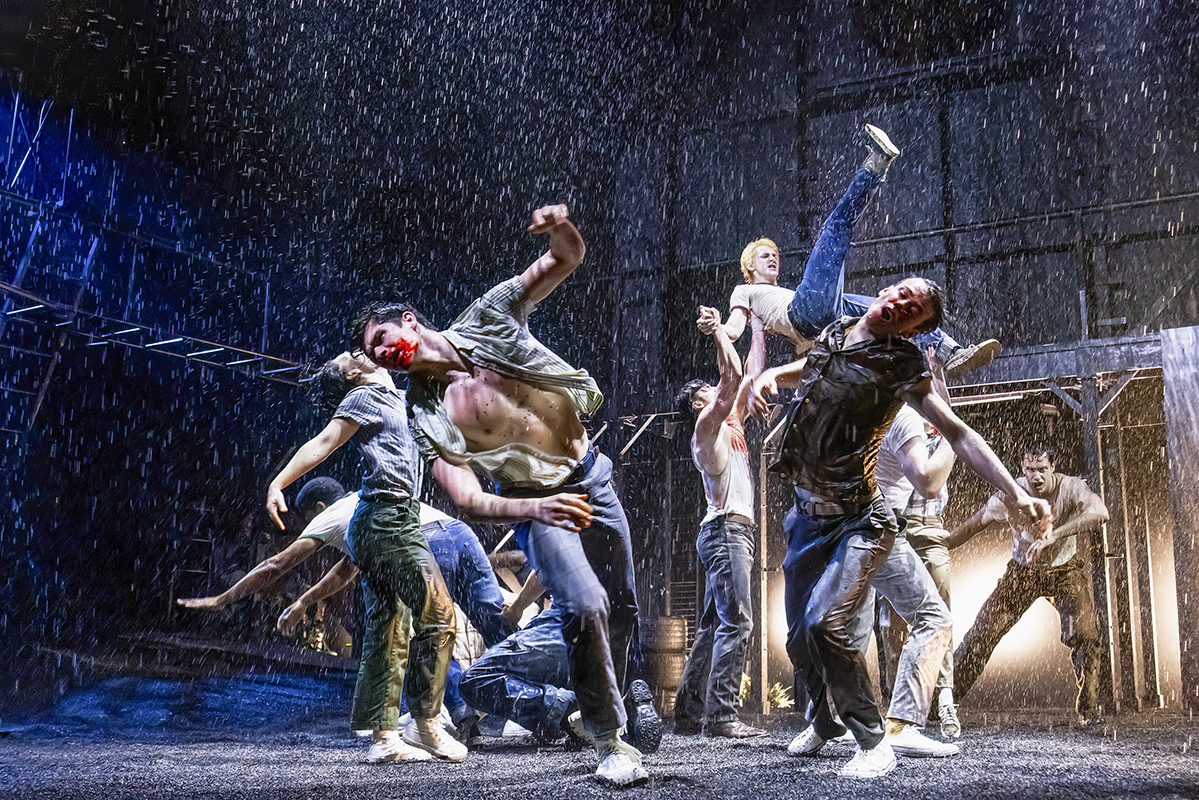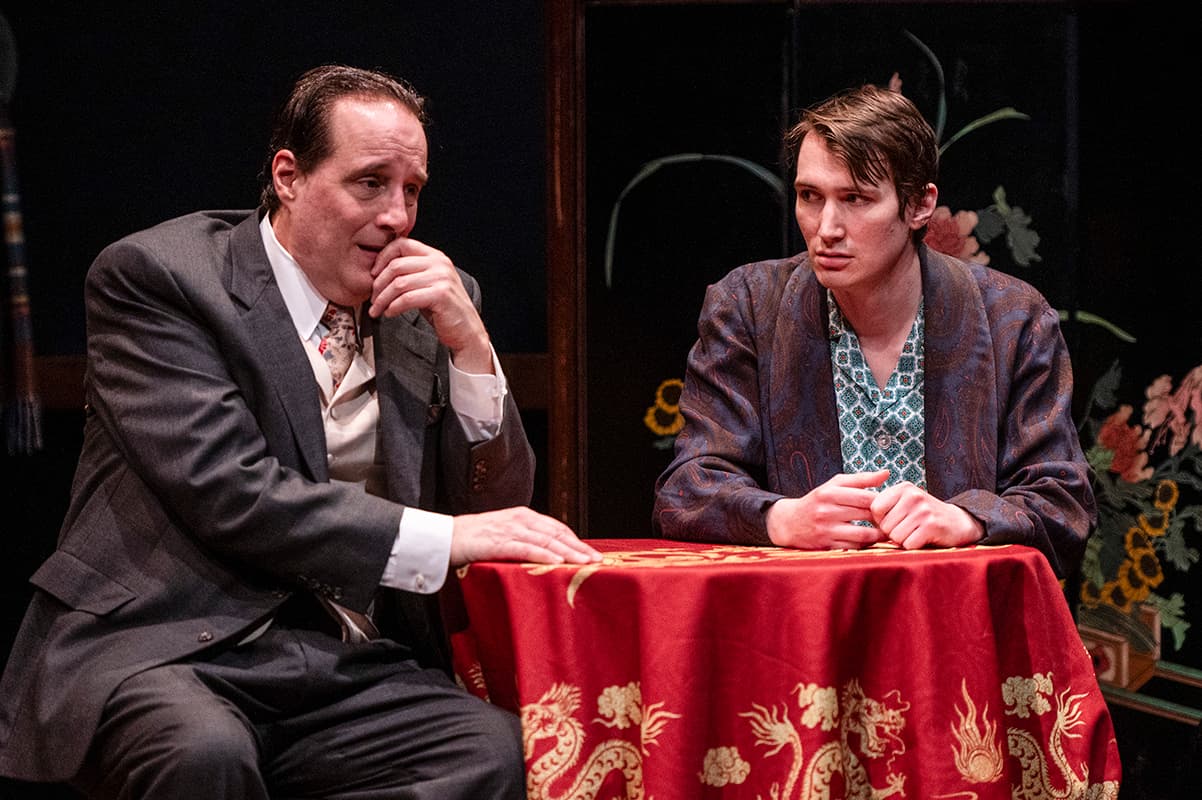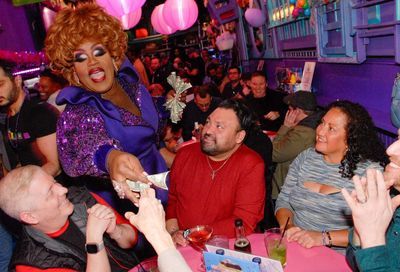‘Boston Strangler’ Review: Strangled Investigation
Hulu's 'Boston Strangler' is a true crime thriller with deep introspection on how our country has always treated women.

It’s June of 1962, and the supposed innocence of Eisenhower’s America is in the process of being violently stripped away to reveal the simmering tension of a society about to dive headlong into a sea of honesty, however unsolicited by those who benefit the most from that veneer.
Two weeks prior, Marilyn Monroe, sewn into a skintight dress designed by first-time designer Bob Mackie, had sung “Happy Birthday” to a cigar-agaped President Kennedy at Madison Square Garden. Eighteen months later, they would both be dead.
On the same day of Monroe’s death, six weeks after that performance, Nelson Mandela was arrested by the South African government, who were tipped off by CIA operatives; he would not enjoy freedom again until 28 years later.
Second-wave feminism has not yet been sparked by Betty Friedan’s “The Feminine Mystique,” American involvement in Vietnam has not yet become a catastrophic tragedy, and the Stonewall riots are still seven years away.
And in Boston, by month’s end, four women have separately been found dead in their homes, three of them sexually assaulted, stockings wrapped around their throats in decorative bows.
Hulu’s Boston Strangler (★★★★☆) is not so much a gripping salvo in the red-hot True Crime genre as it is a deeply troubling and steadfastly enraging depiction of how the lives of our grandmothers were treated as unworthy of protection and preservation.
Centered around cub reporter Loretta McLaughlin (played astutely by a magnetic Keira Knightley) and her seasoned colleague Jean Cole (Carrie Coon, who steals scenes at will), the two journalists of the Boston Record American are lone voices in the wilderness of willfully oblivious masculinity.

As thirteen women are brutally murdered over the course of 18 months in the Boston area by a serial killer who preys on their good faith, deftly persuading them to allow him into their homes, the most villainous element turns out to be not the competence of the murderer but the incompetence of men in power who seem unwilling or unable to aggressively pursue him.
The police are so bad at their jobs that the most basic tasks of detective work, which could be reliably performed by an especially clever high school student, are neglected in favor of needless side projects, such as raiding the city’s gay bars.
The men leading the Boston Record American, who should be holding police accountable, are all-too-eager to provide them cover from public scrutiny. As women throughout the city look on, horrified by the emerging details of these homicides, the men around them seem largely disinterested in doing much of anything about it.
McLaughlin, who would go on to cover the AIDS crisis as a public health reporter at the Boston Globe and eventually lead that newspaper’s editorial page, must fight tooth-and-nail against male incompetence and cruelty for every inch of evidence that comes her way.
She is skillfully mentored by Cole, whose cool demeanor has clearly been congealed by the many years of learning to navigate the sheer stupidity and carelessness of the men around her. The two of them function together as both leading newspaper and police department, chasing down leads in a race against time to put all the pieces together and prevent further murders.
All the while, with few exceptions, their male colleagues unleash extraordinary creativity in derailing the whole damn thing at every turn. Again and again, I found myself shocked by their obstruction, however unintentional at times.

Knightley capably carries the film with an incandescent incredulity that validates the building rage of the viewer at the breathtaking misogyny on display. Her intrepid efforts belie a growing exhaustion with all of it, caught between the knowledge that, deep down, she may be the only person in Boston who can prevent more women from being killed, and the stress that begins to crack — and then shatter — her home life, where her husband stops caring and wonders why he’s being asked to carry more weight.
When Coon is onscreen, it is impossible to look away. Her quietly confident performance is the standout of the film, effortlessly bringing a gravitas to the proceedings that seems to communicate, “Oh, you’re surprised by all this? Welcome to my reality.” Any production company worth their salt would see the potential in greenlighting a biopic on Cole that allows Coon more room to run in fleshing out her characterization.
I am avoiding any specific highlights of the last third of the film, which is stitched together so compellingly that my only advice here is that the audience should go into this ignorant of the conclusion. Don’t look anything up just yet. Don’t spoil this opportunity for introspection on how our country has always treated women.
Except to point out this: when McLaughlin visits the set of The Strangler, a 1964 movie based on the unsolved murders, where one of the incompetent detectives has been hired as a consultant. She asks him how he stopped caring and his response is, “When you realize you could give up your whole life, and no one would give a shit.”
For so many men, then and now, regardless of the situation, the priority is what they get out of the whole deal. For most women, then and now, the priority is simply survival.
Boston Strangler is Rated R, and is streaming exclusively on Hulu. Visit www.hulu.com.
Support Metro Weekly’s Journalism
These are challenging times for news organizations. And yet it’s crucial we stay active and provide vital resources and information to both our local readers and the world. So won’t you please take a moment and consider supporting Metro Weekly with a membership? For as little as $5 a month, you can help ensure Metro Weekly magazine and MetroWeekly.com remain free, viable resources as we provide the best, most diverse, culturally-resonant LGBTQ coverage in both the D.C. region and around the world. Memberships come with exclusive perks and discounts, your own personal digital delivery of each week’s magazine (and an archive), access to our Member's Lounge when it launches this fall, and exclusive members-only items like Metro Weekly Membership Mugs and Tote Bags! Check out all our membership levels here and please join us today!

























